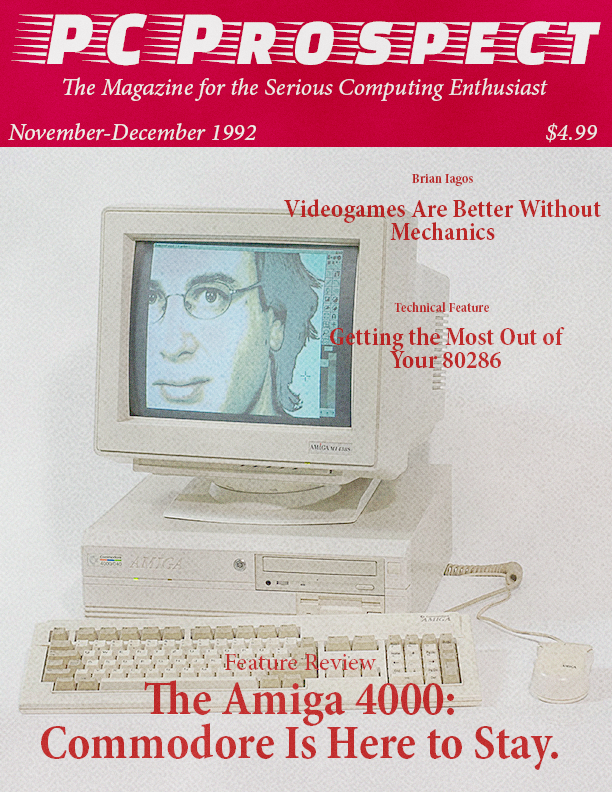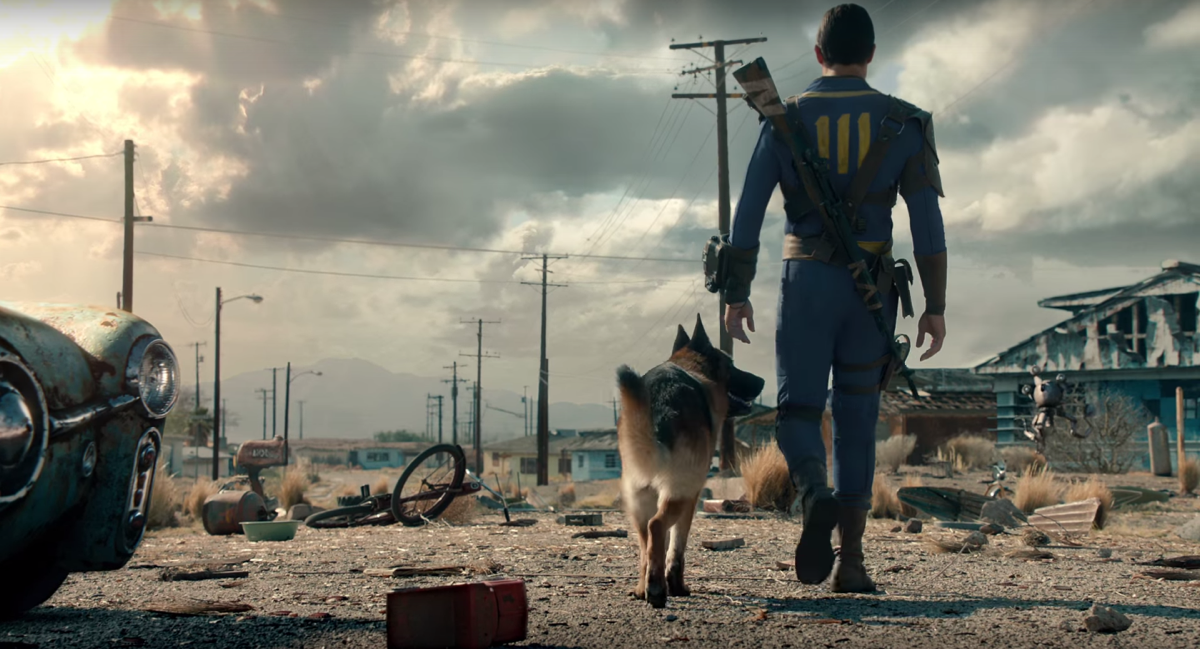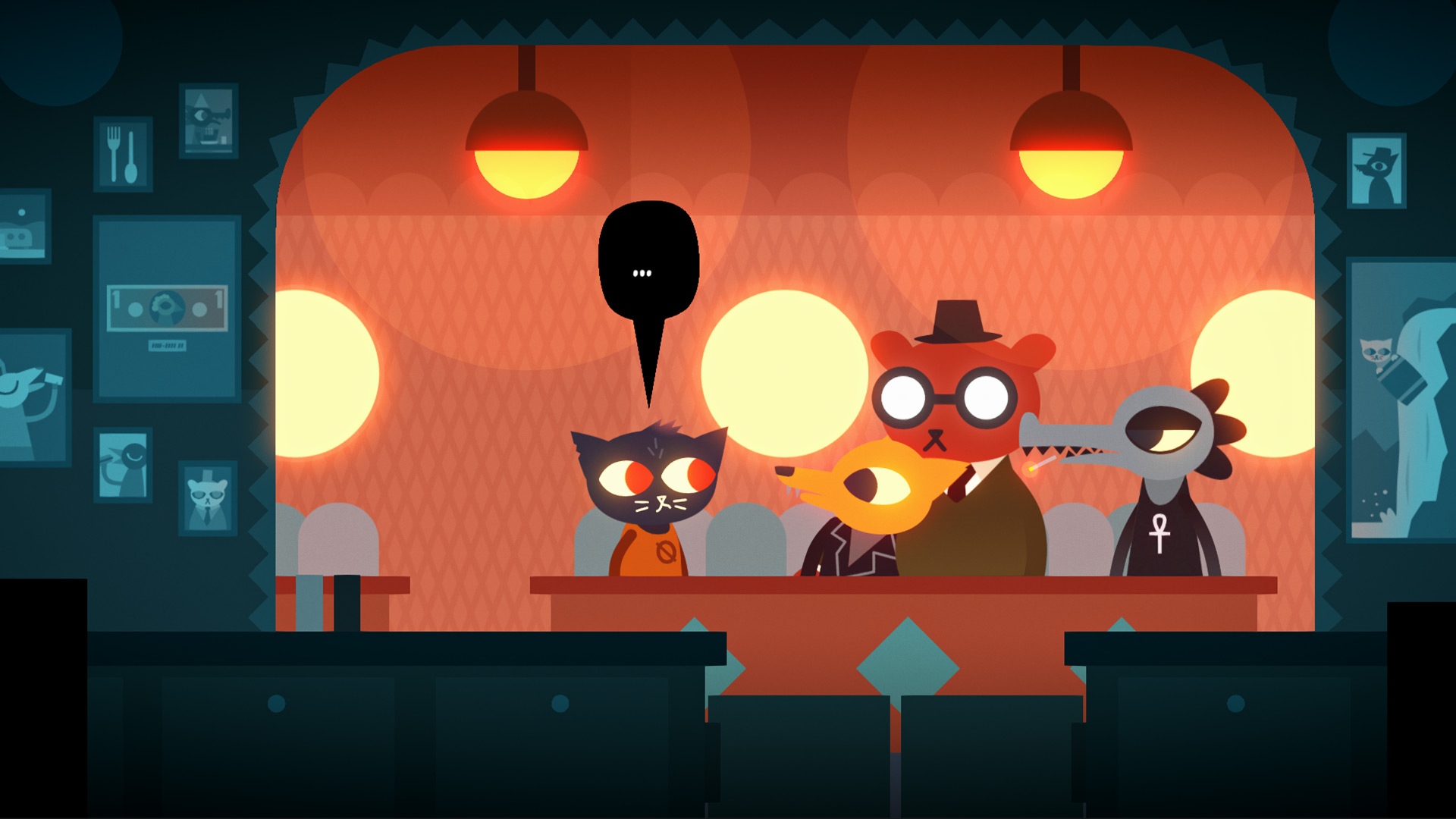Although we are separated by great distances it is nice to be back in your lives, internet friends, no matter how or when you come across this edition of Blogs of the Round Table. ‘Time’ is something we implicitly care a lot about here at Critical Distance: archiving what people write about games (a medium often characterized by it future-orientation) on the internet (a medium that often erases the impact of time) is a project that frequently has us double- or triple-checking dates and bolstering our archives however we can.
For me personally, ‘time’ has been tough to manage. Probably the clearest evidence of that has been July’s BoRT was open only for half a month instead of the regular 30(ish) day submission window. However, looking back over the past month(ish) there have been a number of pieces discussing the importance of time in games and play that I hope you’ll enjoy as much as I did.

Videogames are Better Without Mechanics
This piece by Brian Iagos, archived by Bruno Dias on Medium, originally written in 1992, inverts the contemporary argument of games scholar Ian Bogost. Although Dias archived this piece back in April it struck me too appropriate not to include. Iagos’s argument, that games are better suited to storytelling without trying to replicate real life systems, offers a chance to look back at the recurring questions and assertions that crop up in game criticism circles. Iagos has the benefit of writing at a time when there is some freshness to discussing the artistic merits of videogames or weighing the value of play versus narrative. It is also interesting that despite his position running contrary to many of today’s writers and the many years since the piece was published, a lot of his rhetoric sounds familiar:
Transmedia approaches, too, transformed the issue of representing reality in games: Thanks to the text parser interface, games such as Zork (1980) realized that they could import and incorporate literary conventions into videogames. This led to the emergence of story, videogames’ obvious true vocation as a medium.
Should a modern Pong still simulate the motion of a ping pong ball, given that it’s so much easier now to just draw a recognizable image of a ping pong ball? With today’s 320×200 VGA video adapters, you could even show the manufacturer’s logo on the ball!
Night in the Woods and the lies of nostalgia
Dante Douglass’s piece published by Paste from May reviews how Night in the Woods negotiates contemporary America’s struggle with changing times. He discusses details of the game’s ending as a conscious engagement with middle-class economic anxiety. Douglass argues that the residents of the game’s Possum Springs are emblematic of how dangerous it is to look fondly at a past that didn’t exist during a cynical present heading toward an uncertain future. Passing time influences everybody, but in Night in the Woods, time is as much an economic influence as it is an intellectual one.

Perceptions of Time in Fallout 4
At Level Skip, Seth Tomko compares the protagonist of Fallout 4 to other characters forcibly removed from their moment in history like Captain America and Billy Pilgrim from Slaughterhouse-Five. For Tomko, Fallout 4 reworks notions of time as a linear process by displacing the player in several key moments. Like other stories featuring an “out of time” protagonist, Fallout 4 humanizes the player character by removing them from their own historical context and crash landing them in another and studying the colliding values.
Well that’s about as much time as I have for you this month. Keep an eye out for our return to the regular schedule when Taylor Hidalgo tags in for July’s topic.
As always, Critical Distance is a community project be sure to follow us on Twitter or send us an email if you find something you’d like to bring to our attention. Likewise, consider helping us fund expansion into other projects by supporting us with a monthly Patreon contribution or a one-time Paypal donation. As always, it’s been a gas.



